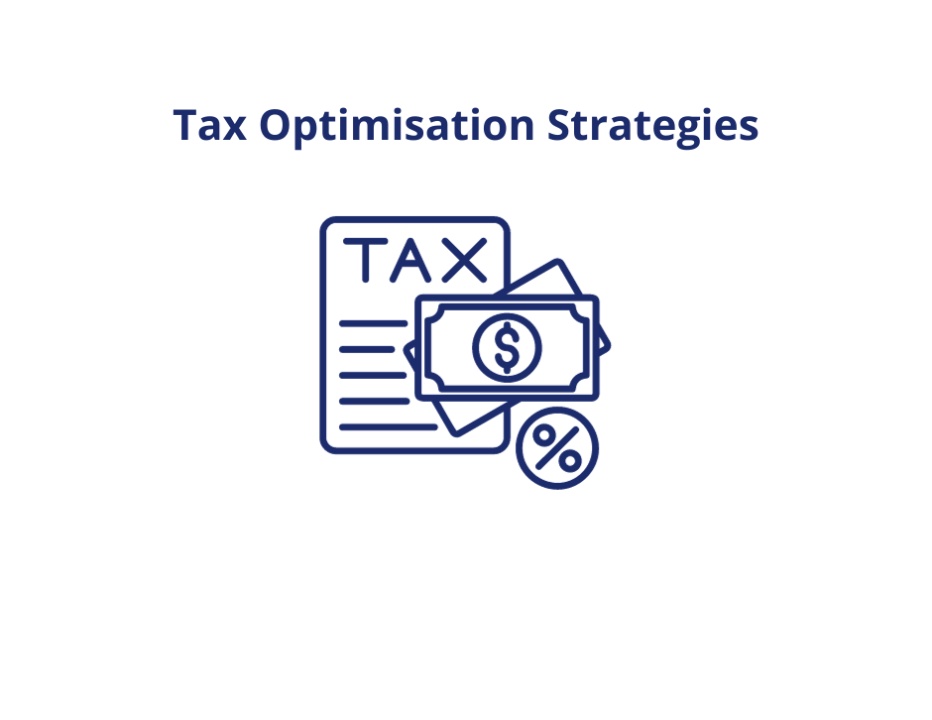Tax optimization is a strategic approach to managing your finances with the goal of minimizing tax liabilities while maximizing savings and investments. At Savingz.in, we understand the importance of effective tax planning in achieving long-term financial goals. In this guide, we'll explore the principles of Tax Optimisation and provide practical tips to help you make the most of your money.
Understanding Tax Optimization: Key Concepts
Tax optimization involves leveraging legal strategies and financial instruments to minimize the amount of tax you owe. It goes beyond mere tax compliance and focuses on proactive planning to optimize your overall financial position. The key principles of tax optimization include:
-
Maximizing Deductions and Exemptions: Take full advantage of available deductions and exemptions under the tax laws. This includes deductions for investments in tax-saving instruments, expenses incurred for specific purposes, and exemptions for certain types of income.
-
Strategic Asset Allocation: Allocate your investments across different asset classes in a tax-efficient manner. Consider the tax implications of each investment, such as capital gains tax on stocks or tax-free returns from certain bonds, and adjust your portfolio accordingly.
-
Timing of Income and Expenses: Manage the timing of your income and expenses to minimize your tax liability. For example, deferring income to a later year or accelerating deductions in the current year can help reduce taxable income and lower your overall tax bill.
-
Utilizing Tax-Advantaged Accounts: Take advantage of tax-advantaged accounts such as retirement accounts, health savings accounts (HSAs), and education savings accounts (ESAs) to shield your investments from taxes or enjoy tax-deferred growth.
Practical Tips for Tax Optimization
Now that we've covered the fundamental principles of tax optimization, let's explore some practical tips to help you optimize your taxes effectively:
-
Invest in Tax-Saving Instruments: Consider investing in tax-saving instruments such as Public Provident Fund (PPF), Equity Linked Savings Schemes (ELSS), National Pension System (NPS), and tax-saving fixed deposits to avail deductions under Section 80C of the Income Tax Act.
-
Plan Your Investments Wisely: Choose investments that offer tax-efficient returns, such as long-term equity investments eligible for preferential tax treatment on capital gains. Additionally, consider tax-saving mutual funds (ELSS) that combine the benefits of tax savings with the potential for high returns.
-
Optimize Your Salary Structure: Work with your employer to optimize your salary structure to include tax-free components such as reimbursements for medical expenses, conveyance allowance, and leave travel allowance (LTA), thereby reducing your taxable income.
-
Stay Informed and Seek Professional Advice: Keep yourself updated on changes in tax laws and regulations that may impact your tax planning strategies. Consider consulting with a financial advisor or tax expert to tailor a tax optimization strategy that aligns with your financial goals and circumstances.
Conclusion
Tax optimization is a powerful tool for maximizing your wealth and achieving financial independence. By implementing strategic tax planning strategies and making informed decisions, you can minimize your tax liabilities and enhance your overall financial well-being. At Savingz.in, we're committed to helping you navigate the complexities of tax optimization and unlock the full potential of your finances. Explore our platform for expert insights, calculators, and personalized guidance on tax optimization and other financial matters. Let's embark on a journey towards financial success together.


No comments yet